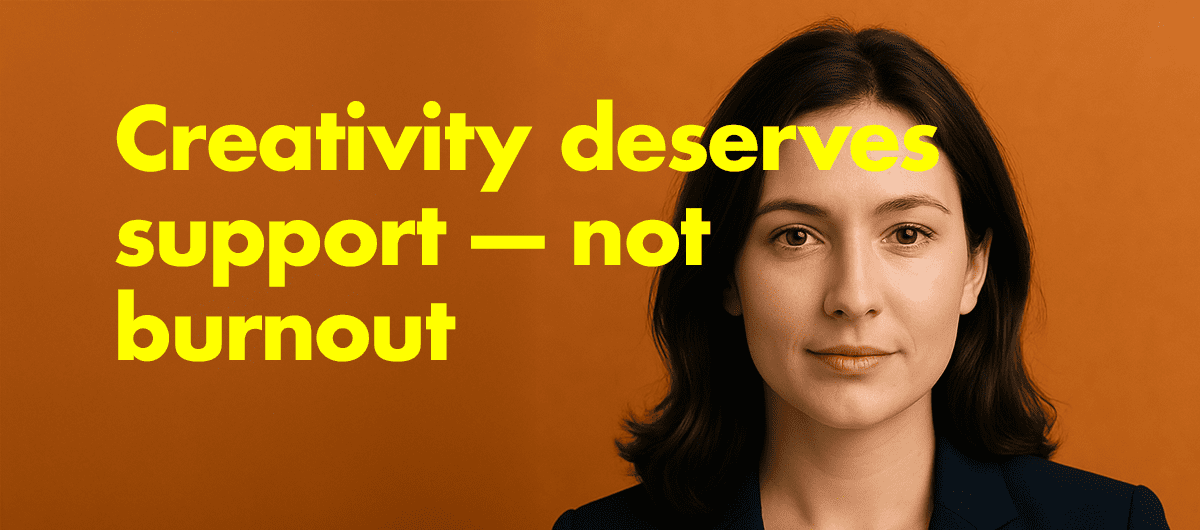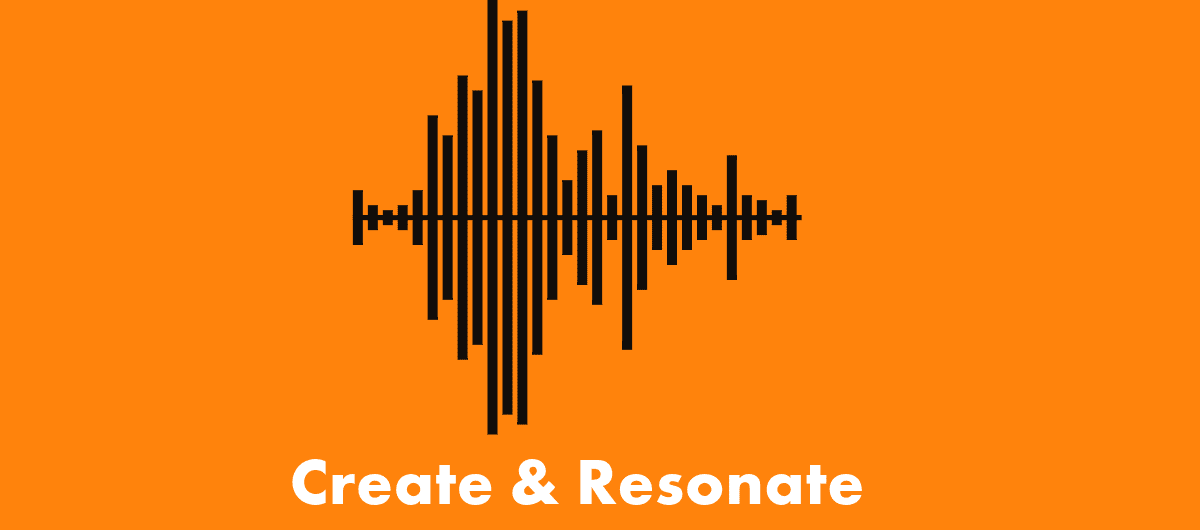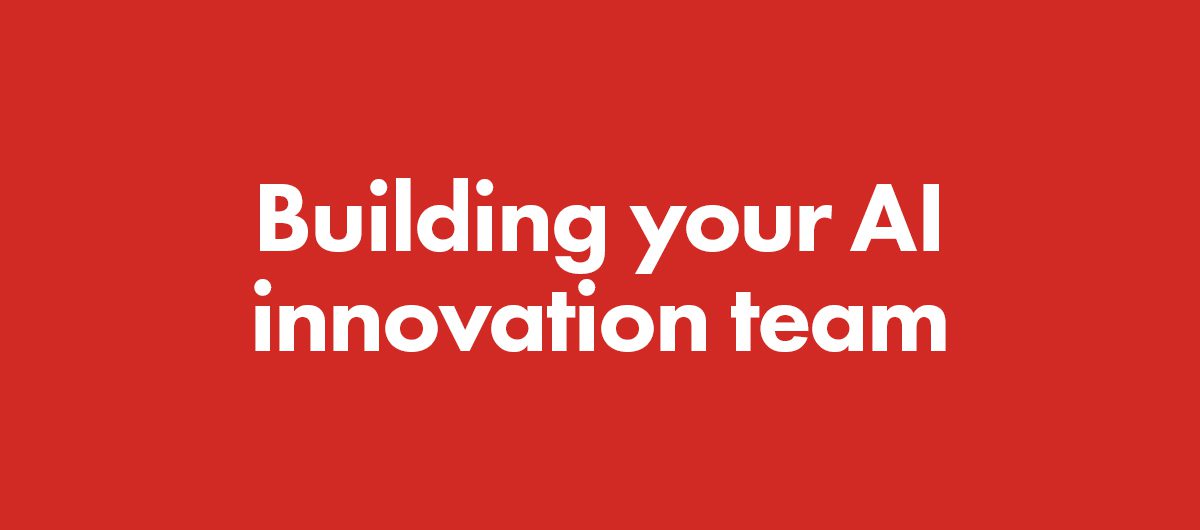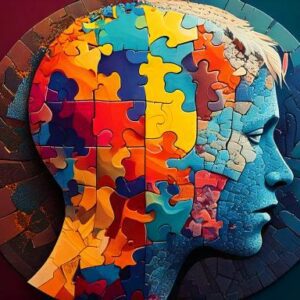Category: Psychology
-

How Davo is quietly transforming the way I work, write, and live
What happens when a neurodivergent psychologist partners with AI? A look inside my collaboration with ‘Davo’ (aka ChatGPT), who now helps me write books, courses, blogs, and more — freeing me to focus on the heart of my work while he handles the overwhelm
-

The magnetic storytelling method
Discover why your brilliant business ideas keep dying in meetings. One executive learned the hard way that facts don’t persuade—stories do. Learn the five storytelling techniques that transformed his failed proposal into a success story your career needs right now.
-

Create & Resonate podcast 04: Simon Young
Discover how Simon Young’s Reboot Yourself merges the hero’s journey with 12-step principles for personal growth. Explore universal narratives from Bhagavad Gita to Māori legends, offering a flexible “menu” to overcome brokenness—ideal for those seeking structure without self-help hype
-

Hormonal contraception on mental health: A warning for mothers of teenage girls?
This article explores the potential impact of hormonal contraception on the mental health of teenage girls, offering a critical warning for mothers to be mindful of the risks and consider alternative options
-

Vietnam and me: A match made in heaven?
The game’s afoot, Watson…
-

Building your AI innovation team
Transform your organization with “Building Your AI Innovation Team” by Lee Hopkins. This white paper offers crucial insights into assembling effective AI teams, fostering collaboration, and overcoming implementation challenges. Download today to harness the power of diverse perspectives for successful AI initiatives
-

Mixing your styles up
Research shows mixing US-style capitalised headings with UK/Australian spelling in marketing documents creates psychological resistance in readers. Studies indicate inappropriate capitalisation and spelling inconsistencies independently reduce trustworthiness, with combined effects being particularly detrimental to document credibility
-

The psychology of belonging: Understanding Adler’s revolutionary ideas
Explore Alfred Adler’s revolutionary psychology focusing on belonging, social connection, and personal growth. Learn through real case studies and practical exercises how Adlerian psychology offers effective solutions for modern challenges, contrasting with Positive Psychology’s limitations in addressing human wellbeing holistically
-

Re-framing mental health diagnoses
Lee Hopkins explores how the neurodiversity paradigm challenges traditional medical models of mental health conditions. It advocates for a shift towards a more inclusive, humanised approach that recognises cognitive differences as natural variations rather than disorders requiring treatment
-

Neurodiversity and mental health diagnoses
Delve into how the neurodiversity movement reframes mental health diagnoses, promoting a perspective that views cognitive differences as natural variations within human diversity. Explore the implications for diagnostic practices, social constructs, and clinical approaches







